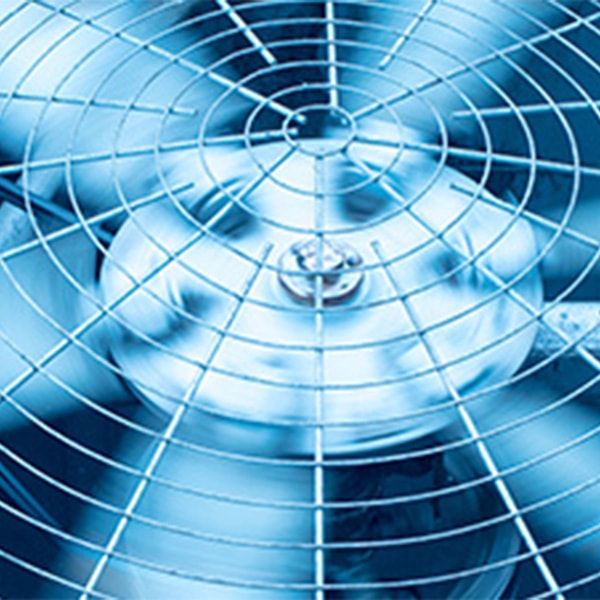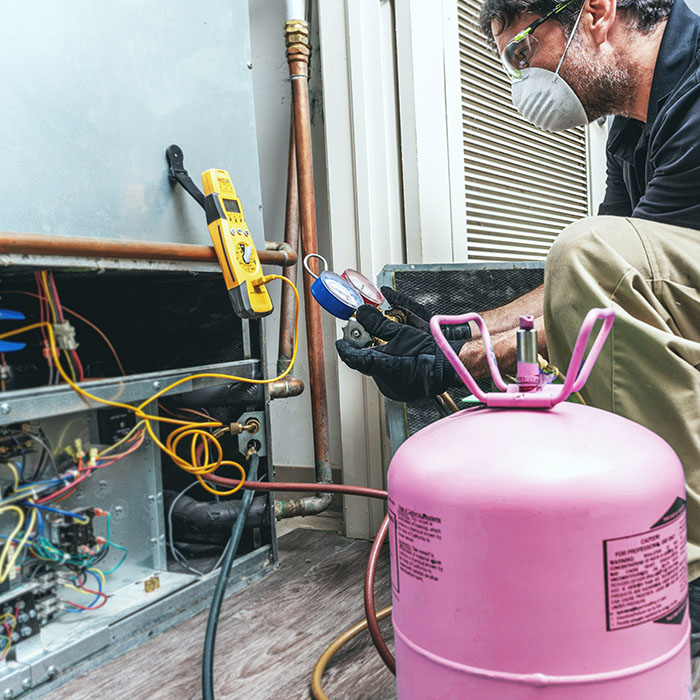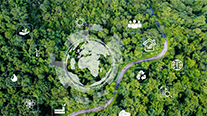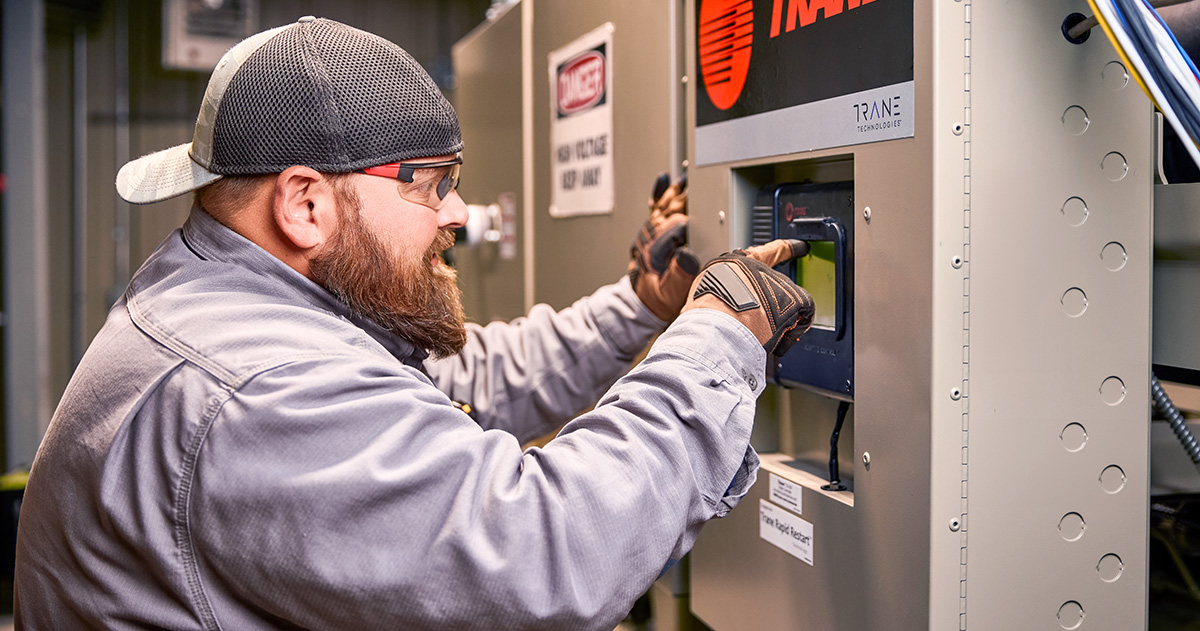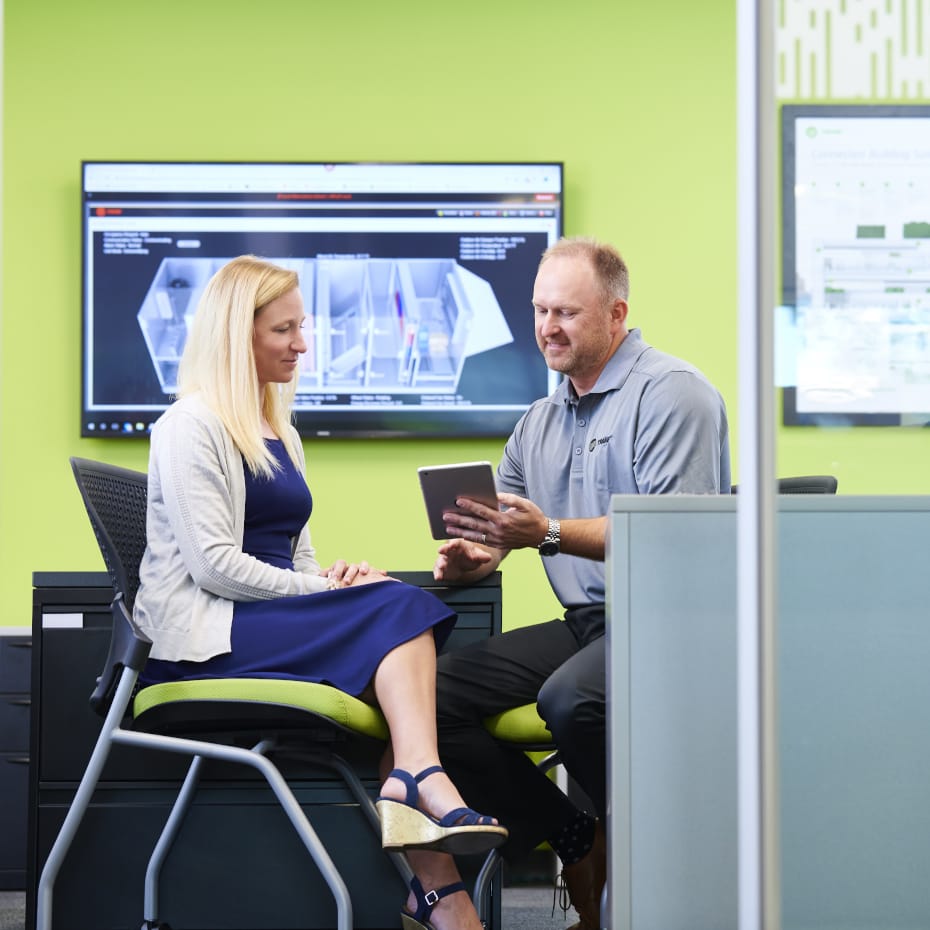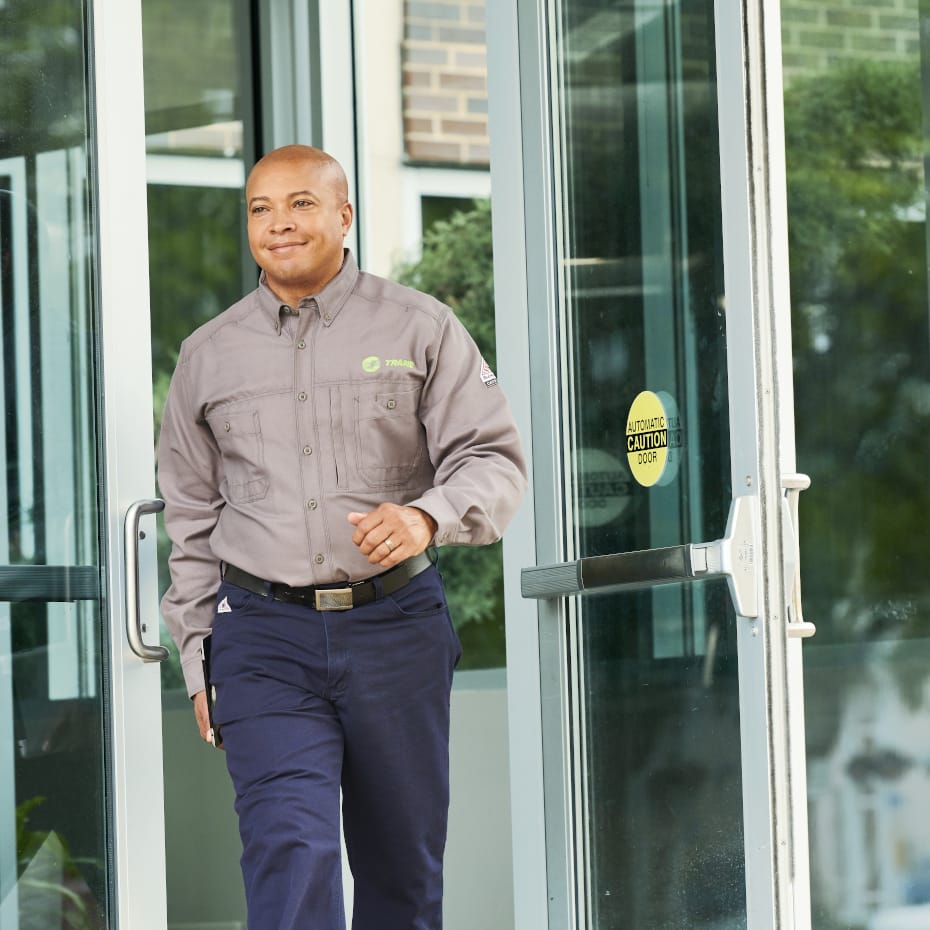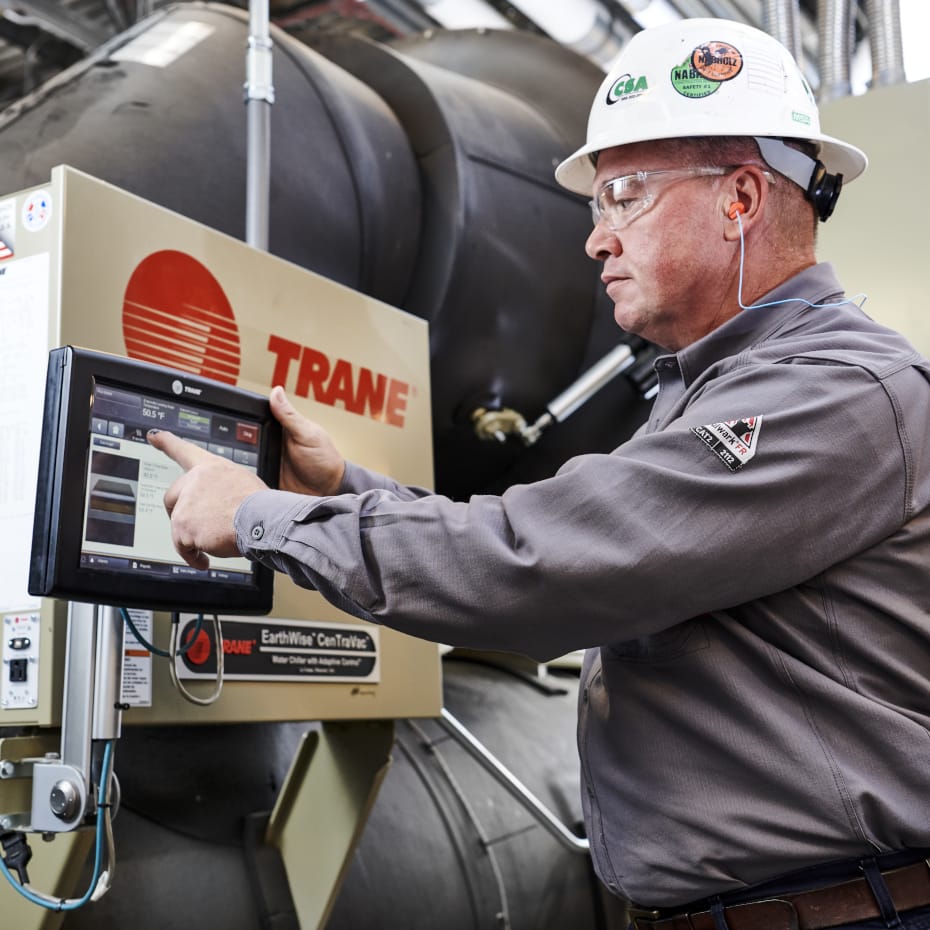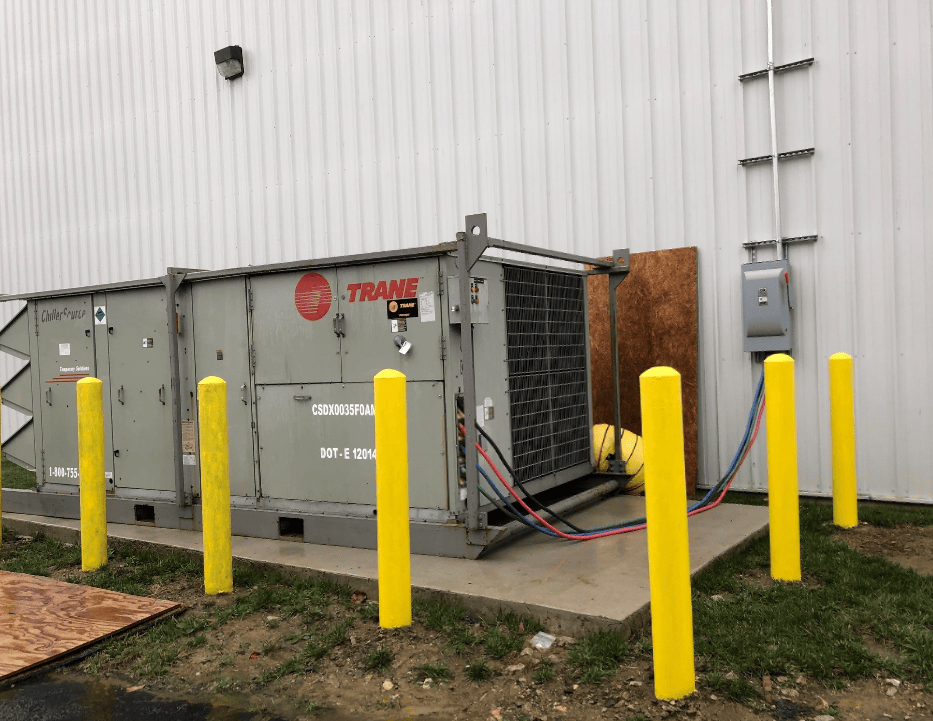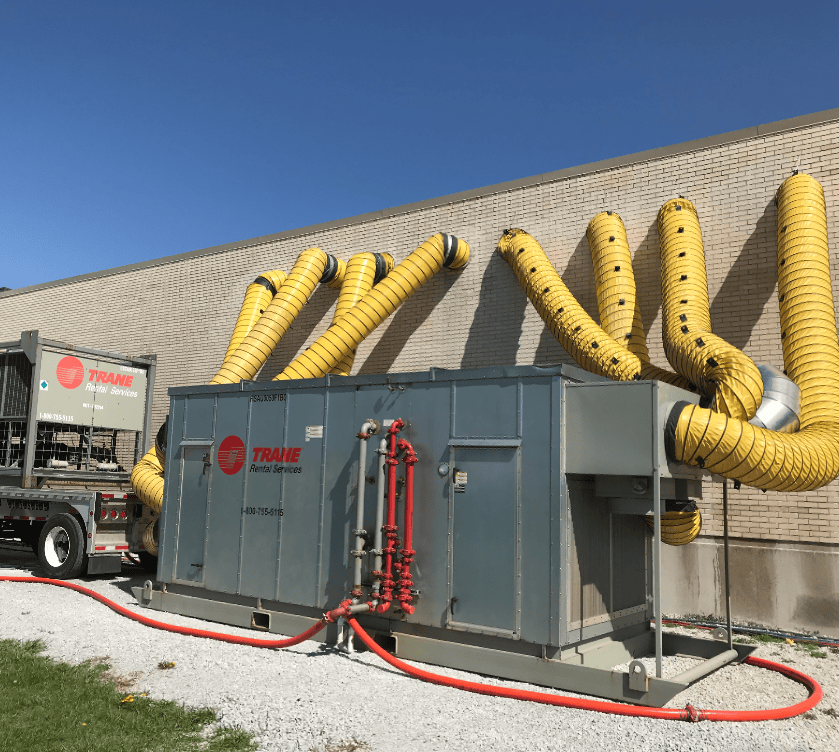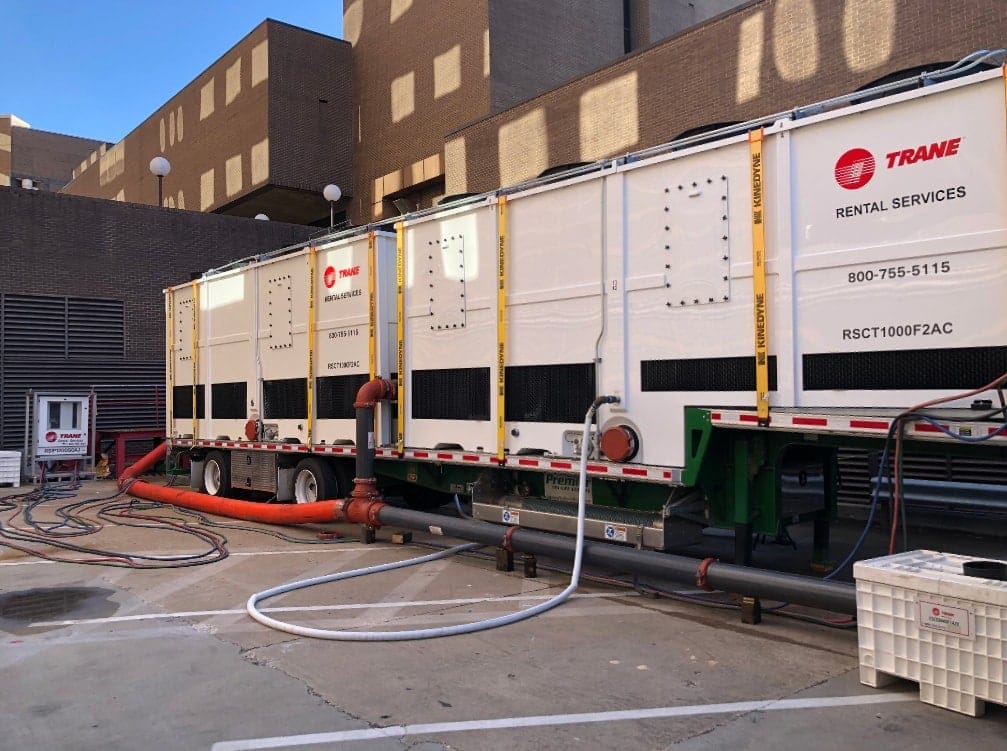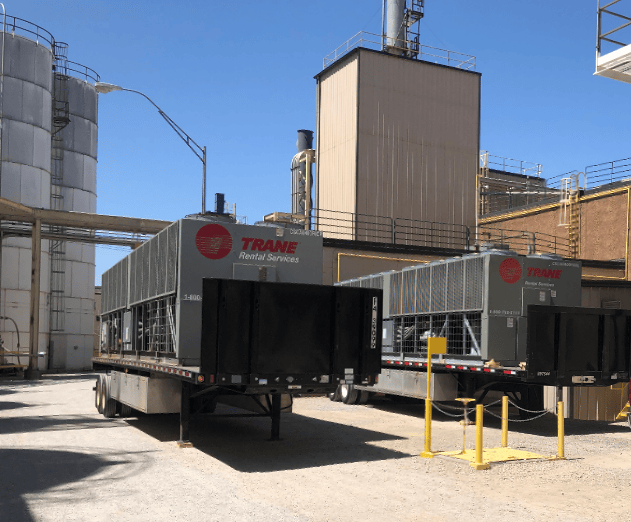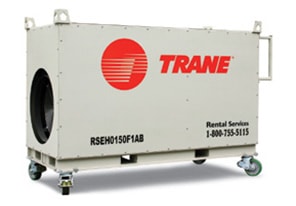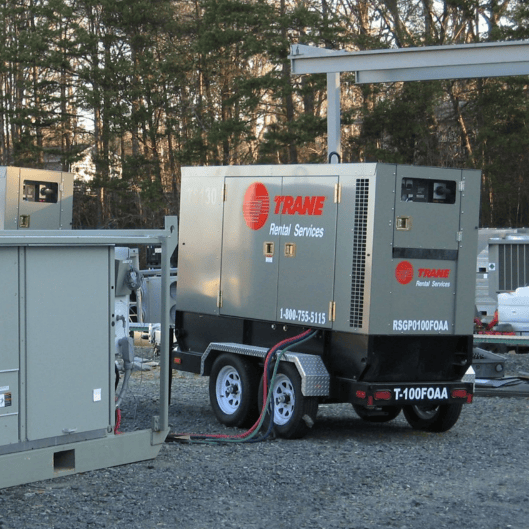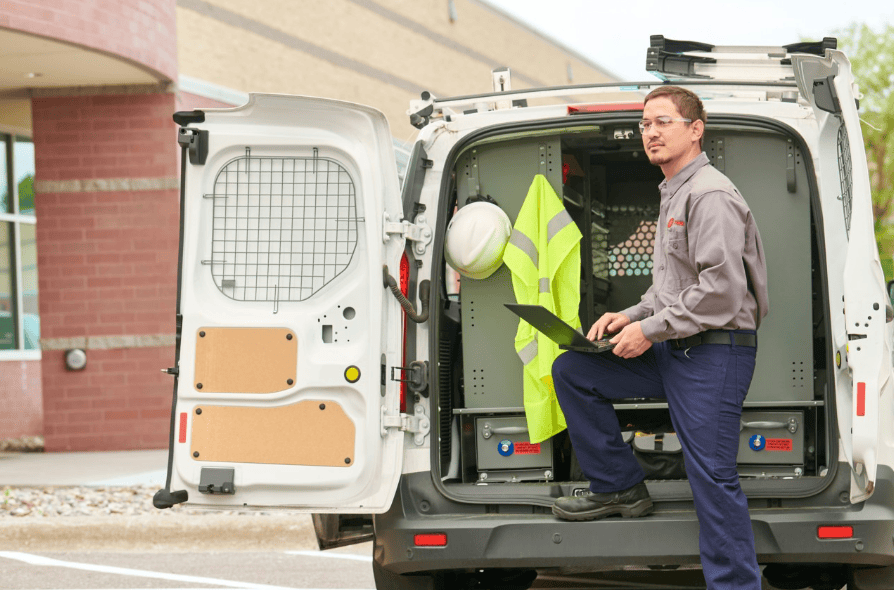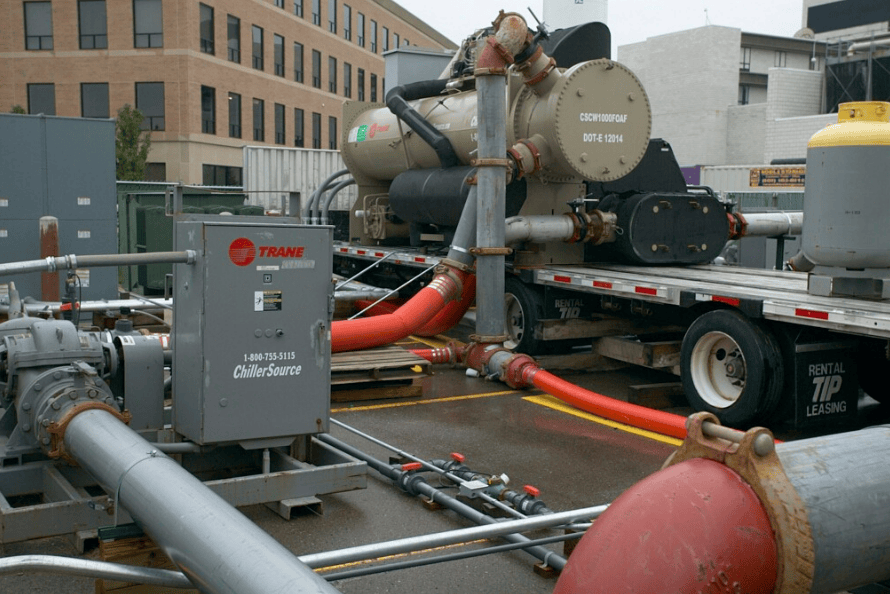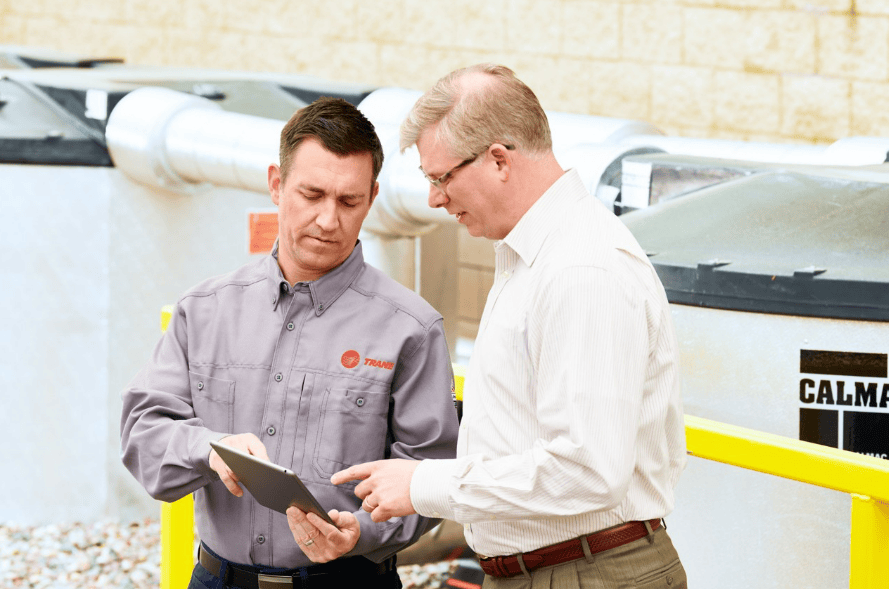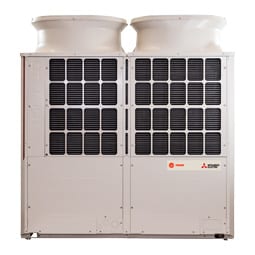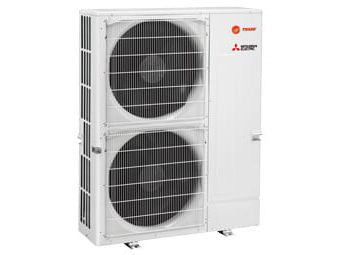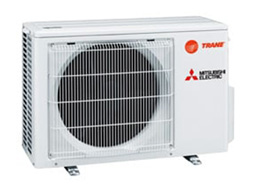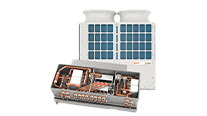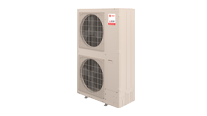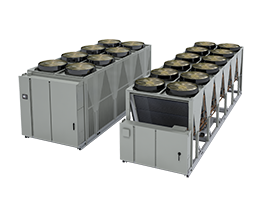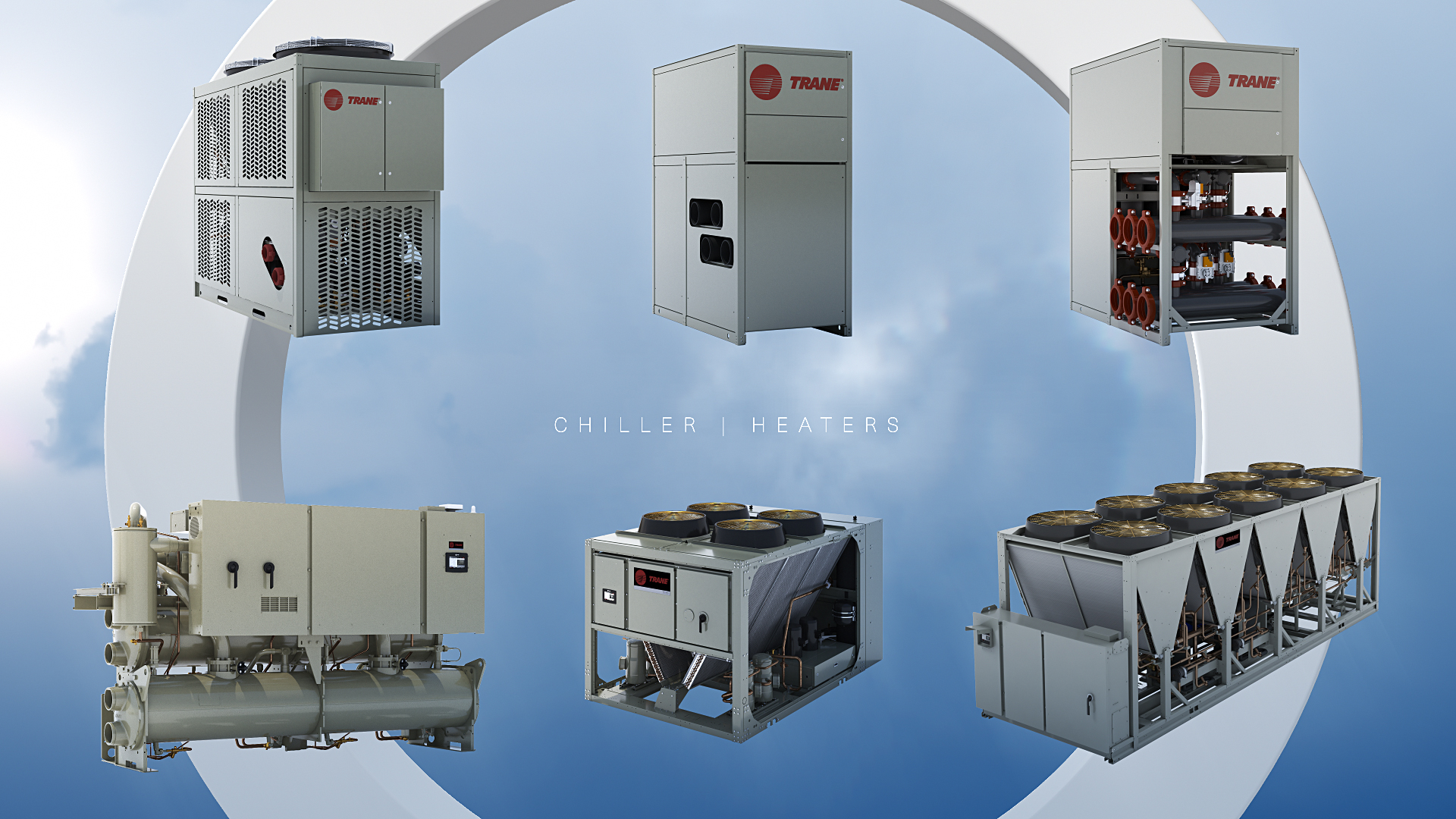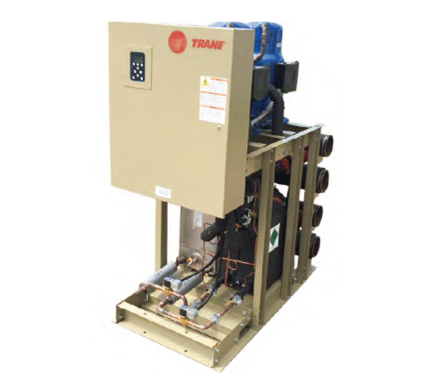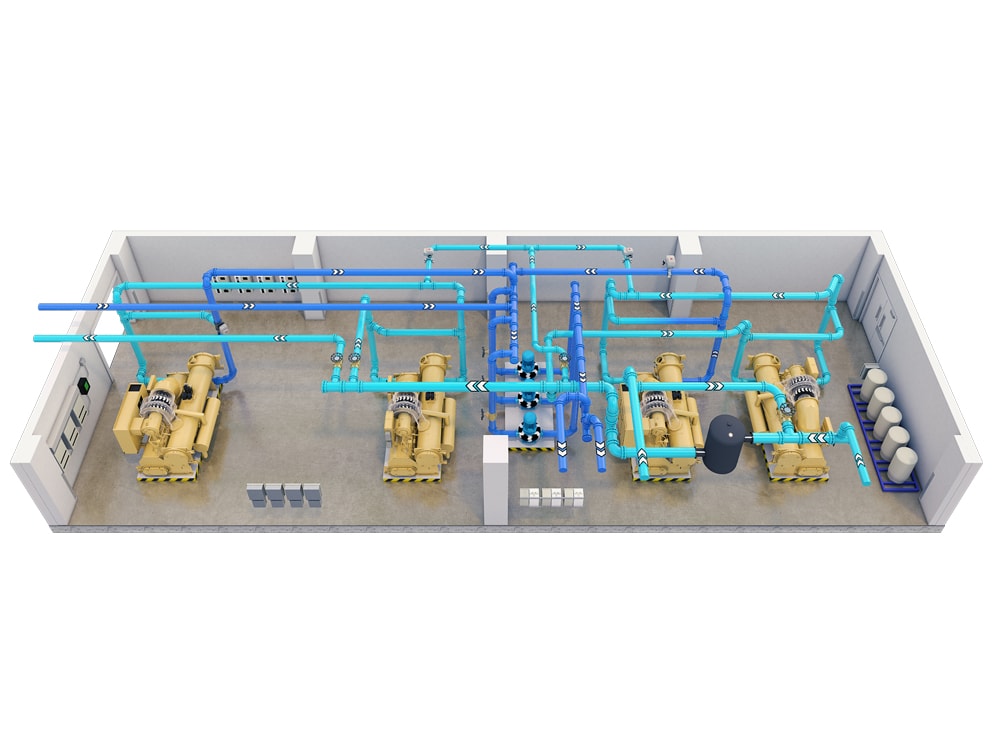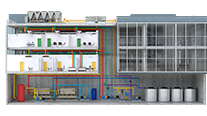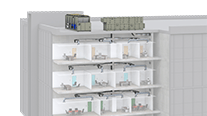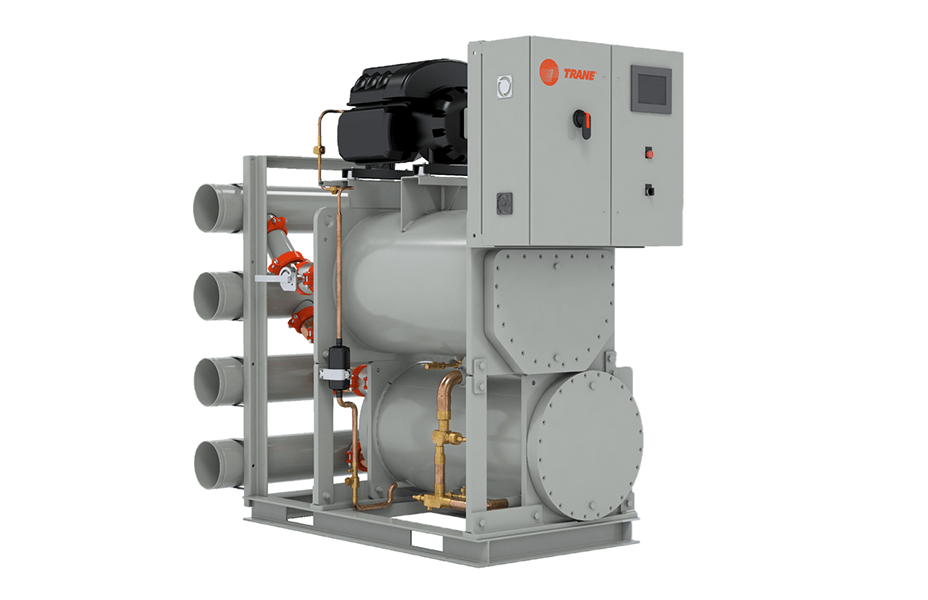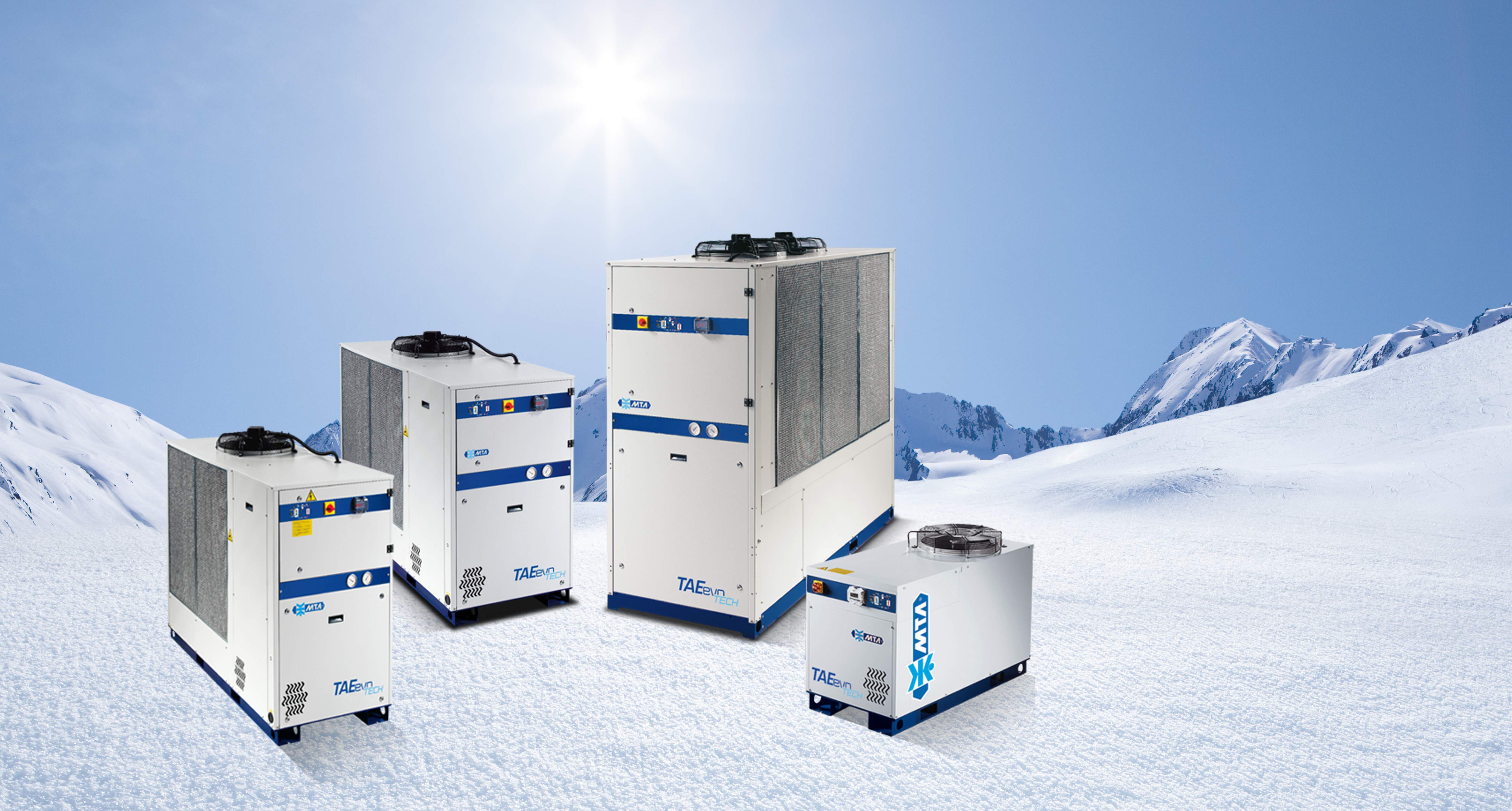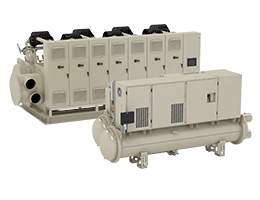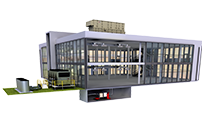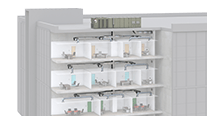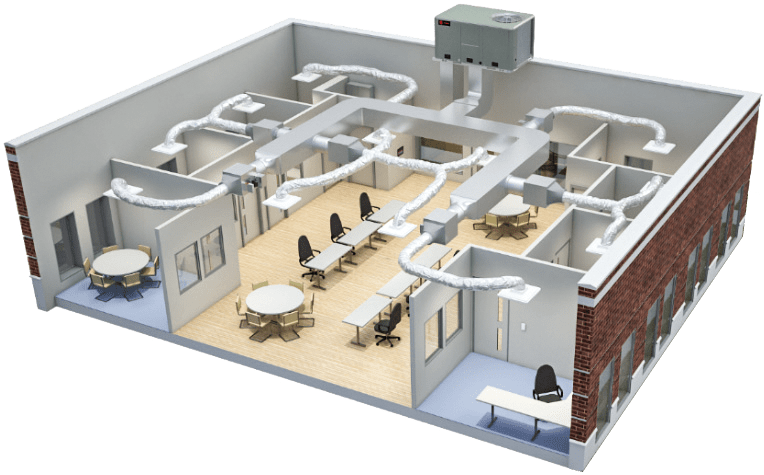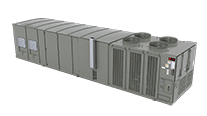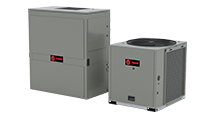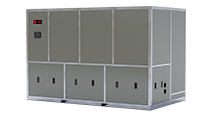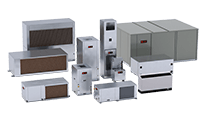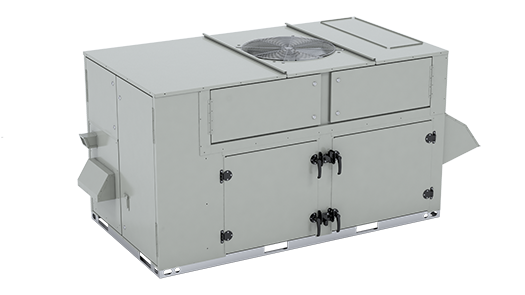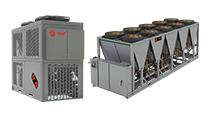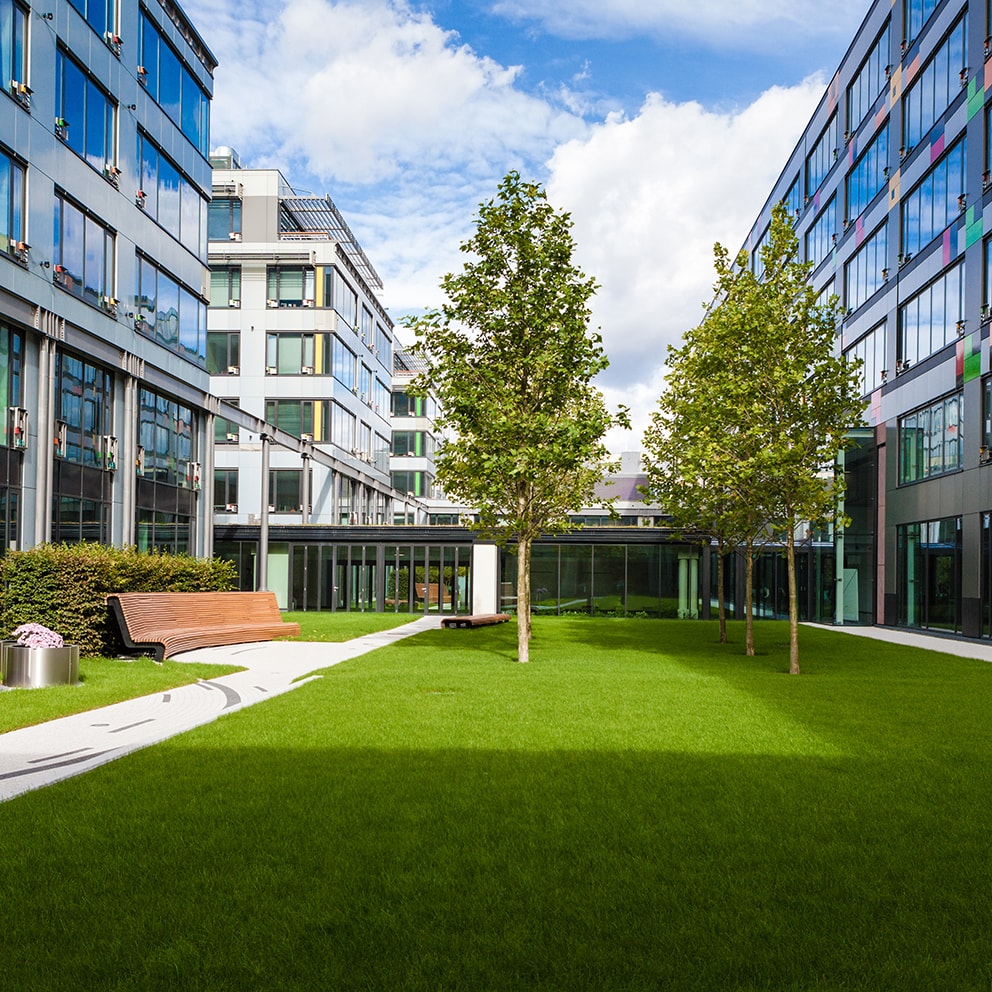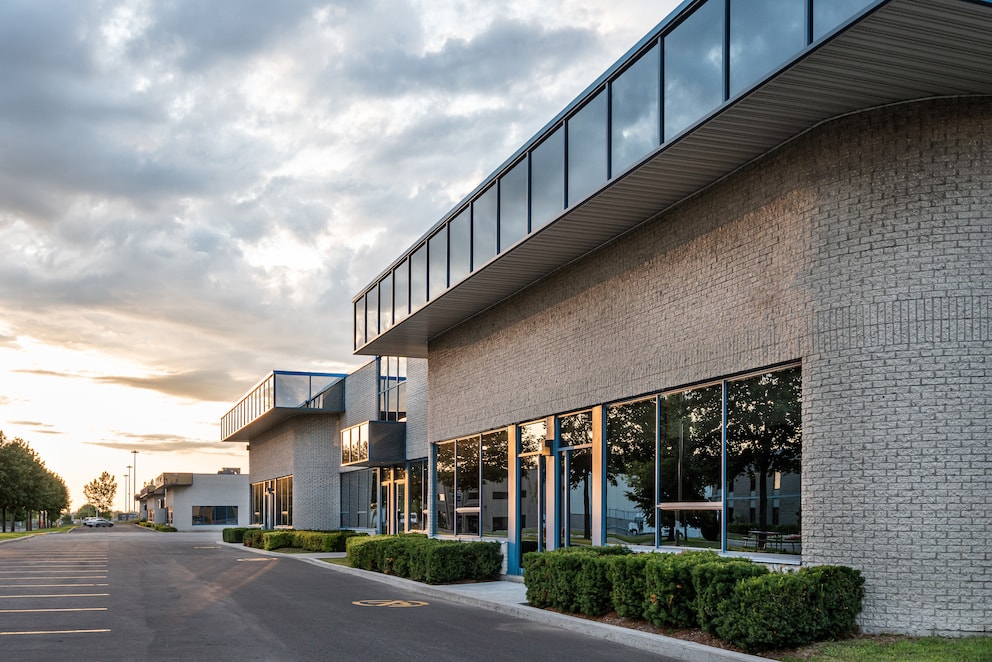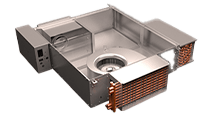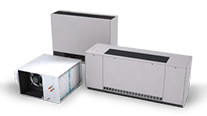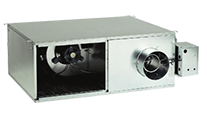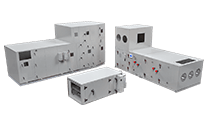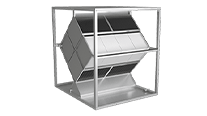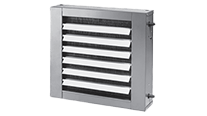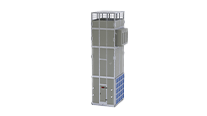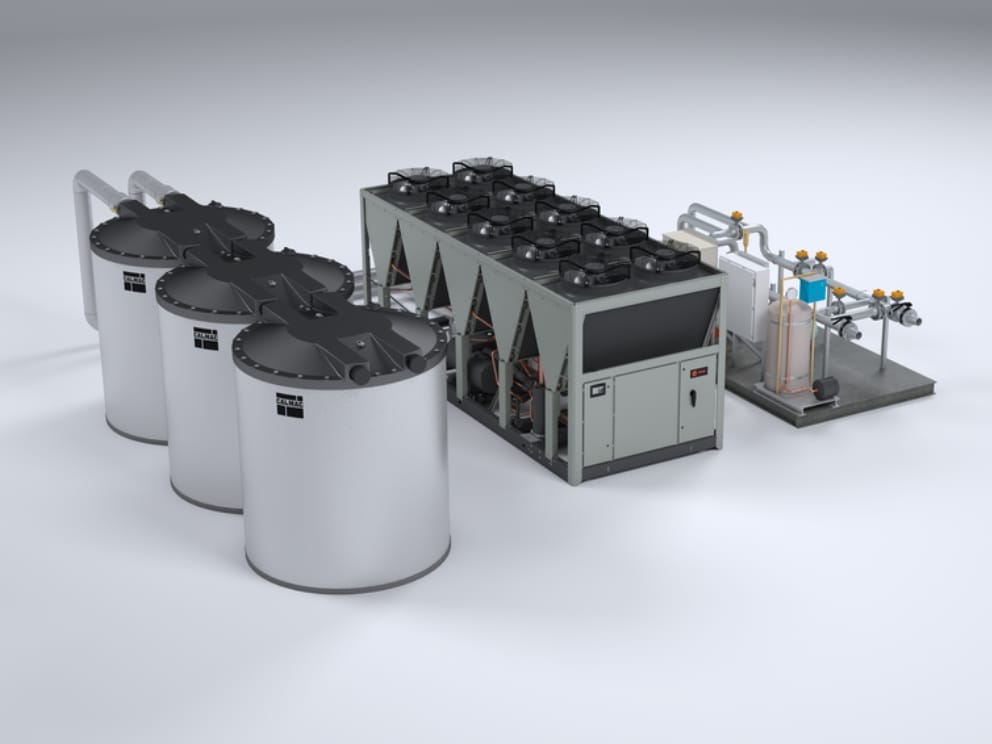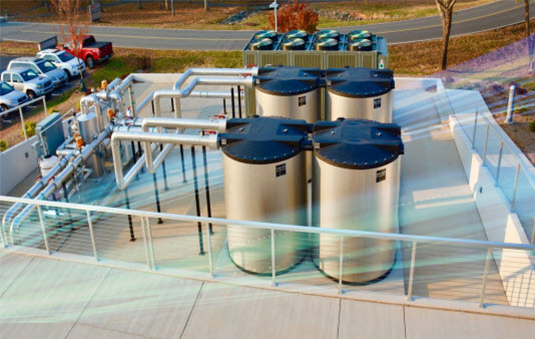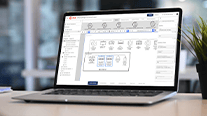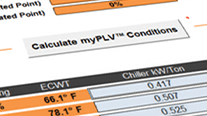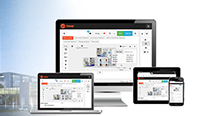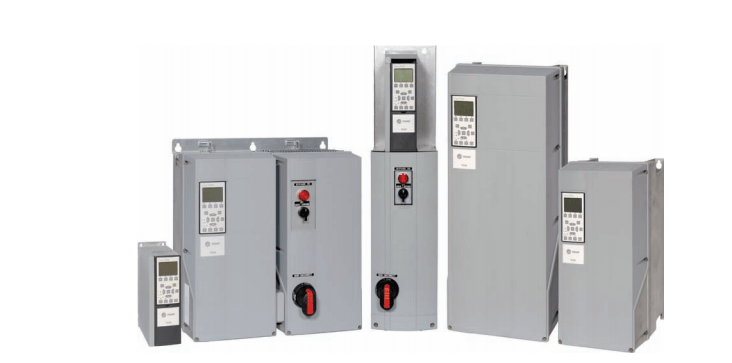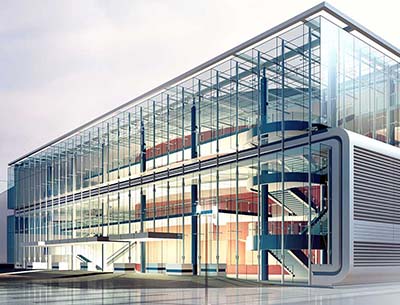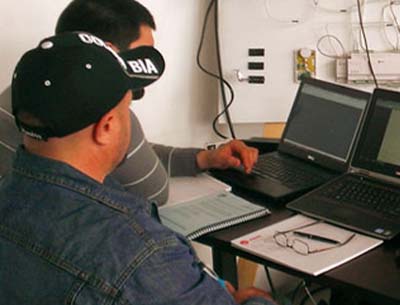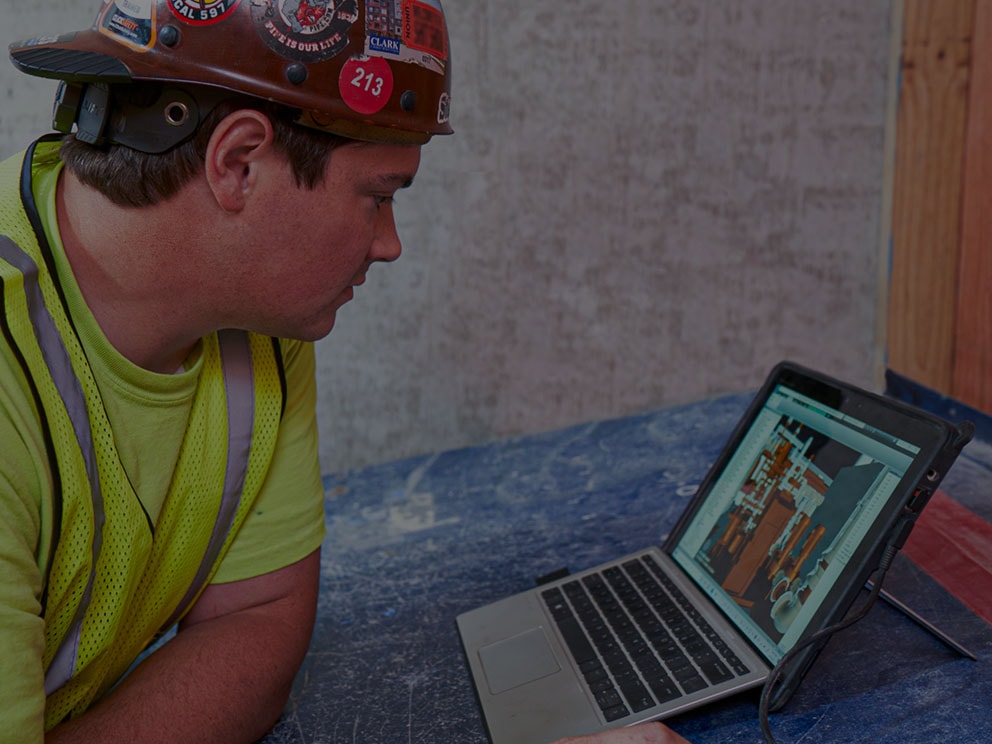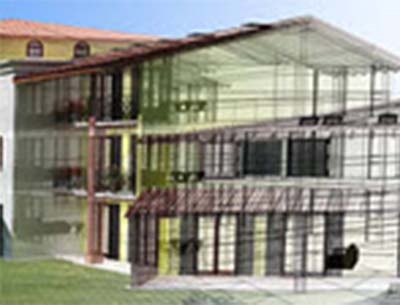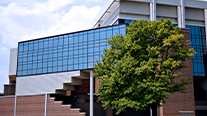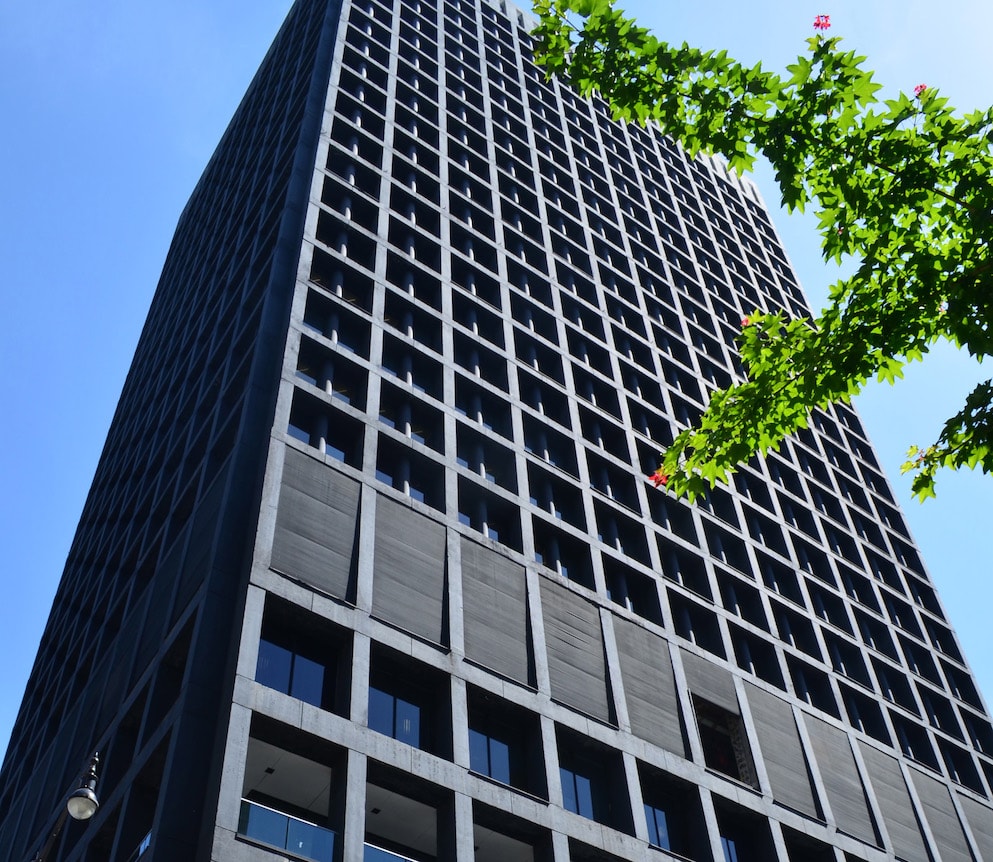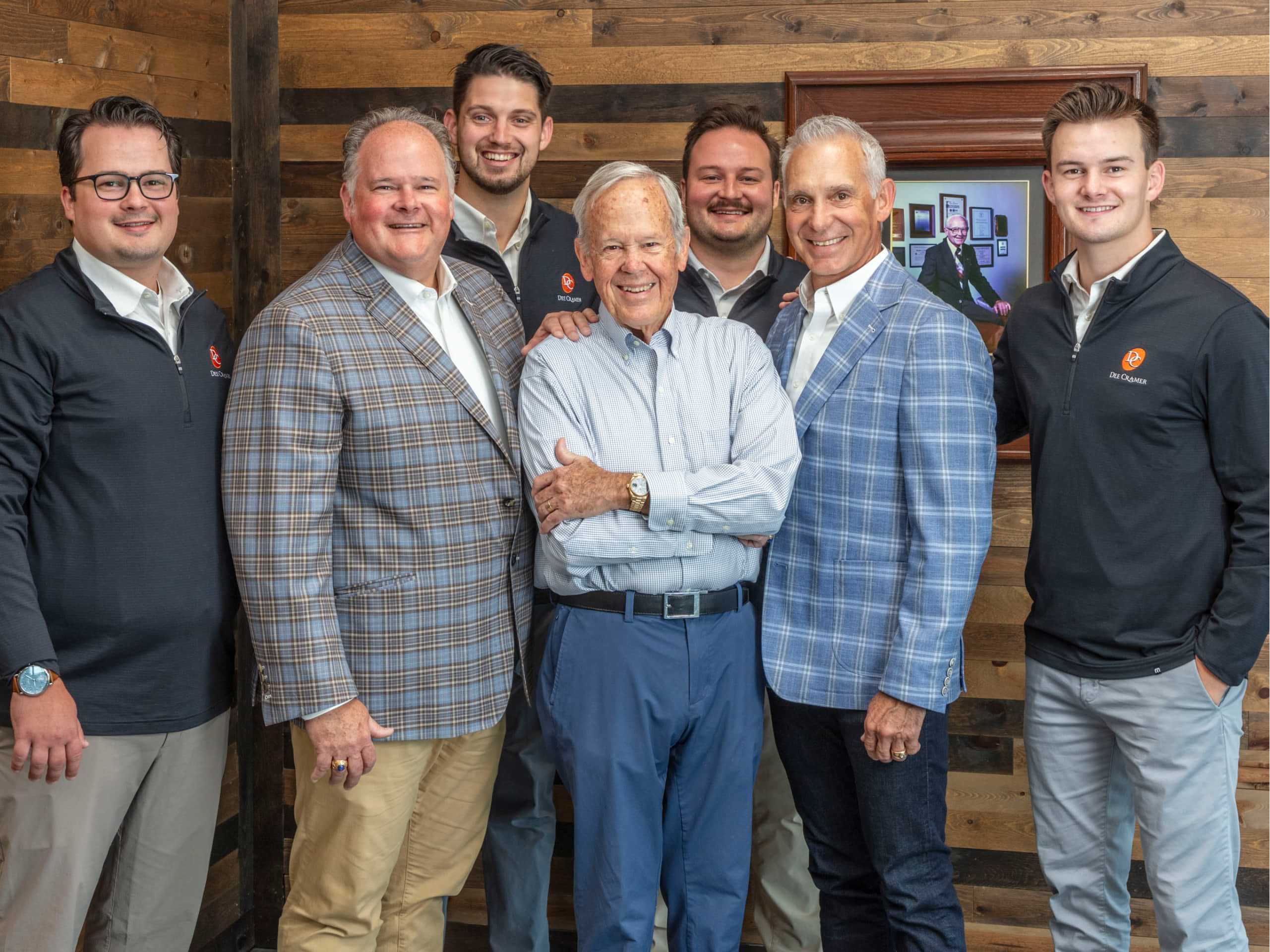The percent of STEM job opportunities is expected to grow at more than double the rate of non-STEM opportunities between 2021 and 2031, according to the U.S. Dept. of Labor Statistics1. With an eye on your students’ futures, it’s critical to create future-forward STEM learning pathways for your students. It is also vital you ensure teachers and students have an optimized and sustainable learning environment within your school, with up-to-date HVAC systems that use energy efficiently and deliver both comfort and excellent indoor air quality (IAQ).
Trane’s K-12 education programs enable you to address both challenges. These programs provide well-rounded, easily integrated, and hands-on STEM learning experiences based on your evolving building. They achieve this by working within the context of your building infrastructure to deliver interactive learning opportunities.
The industry-relevant resources these programs provide can help to prepare your students with the practical skills and certifications they need before and after graduation. These customizable, flexible programs give students hands-on, real-world experience to help them build their STEM knowledge and explore and prepare for future STEM careers.
Programs include:
- BTU Crew™ (grades 4-7, 20 lesson; grades 8-10, 32 lessons) - This energy education program features easily integrated lessons and activities that take a project-based learning (PBL) approach to helping students understand energy while expanding their analytical and problem-solving skills. Students learn about the impact of energy, how energy audits work and how to evaluate performance analytics. For example, they can use an interactive energy dashboard to learn how energy use changes based on building occupancy. Students also learn about STEM-related career opportunities. Since the program is flexible, teachers can select the projects their students will find most intriguing. A Trane Educator-in-Residence works with teachers to roll out the curriculum in a way that works best for their classrooms and schools.
- NC3 – (grades 11-12) Trane and the National Coalition of Certification Centers (NC3) partner with your career technical education (CTE) department to provide hands-on technical training that helps prepare students for their next stage of education, carving a pathway to high-demand careers. This program focuses on helping students gain data analytics skills and experience working with building automation and residential HVAC systems. Students gain highly specialized training and possibly dual opportunities for credits towards high school and technical training. Students can walk away with NC3 certifications that demonstrate the skills they have gained.
- VL3 - (grades 11-12 + higher education) The Trane Virtual Living Learning Lab (VL3) enables you to provide your students with an advanced, real-world learning environment without a heavy lift. The VL3 creates a digital copy of your building that students can study to gain real-world insight into energy and building systems without disturbing facility operations. Your building becomes a broad-based learning tool that can educate students and prepare them for future careers. It also shows students how they can make a positive difference for a sustainable future. By developing students’ data analytics and critical thinking skills, the VL3 supports CTE learning and provides a pathway that blends critical STEM learning and technical skills.
- Independent Capstone Projects – (higher education/high school) Independent of building infrastructure projects, Trane also offers capstone opportunities at the college level. A Trane Capstone engages a project team of three to five students who act as junior project engineers. The students use data from their own school/college building or from within their community to analyze building performance and propose energy efficiency improvements.
Higher education participants in the Trane Capstone Program have included students from engineering, construction, sustainability, electronics, and robotics programs. Projects have focused on real-world applications that include innovation, financial considerations and working with interested parties to develop the project. Students present their final designs to hone their presentation skills. Any potential project on campus can be included as part of the capstone project, including energy and sustainability improvements, building occupant comfort, equipment replacements and upgrades, renewable generation, and indoor air quality.
Trane is committed to helping today’s schools and students pave the way for future success. Click here for more information about K-12 programs. Learn more about the Capstone project program.
1. Employment Projections, U.S. Bureau of Labor Statistics




